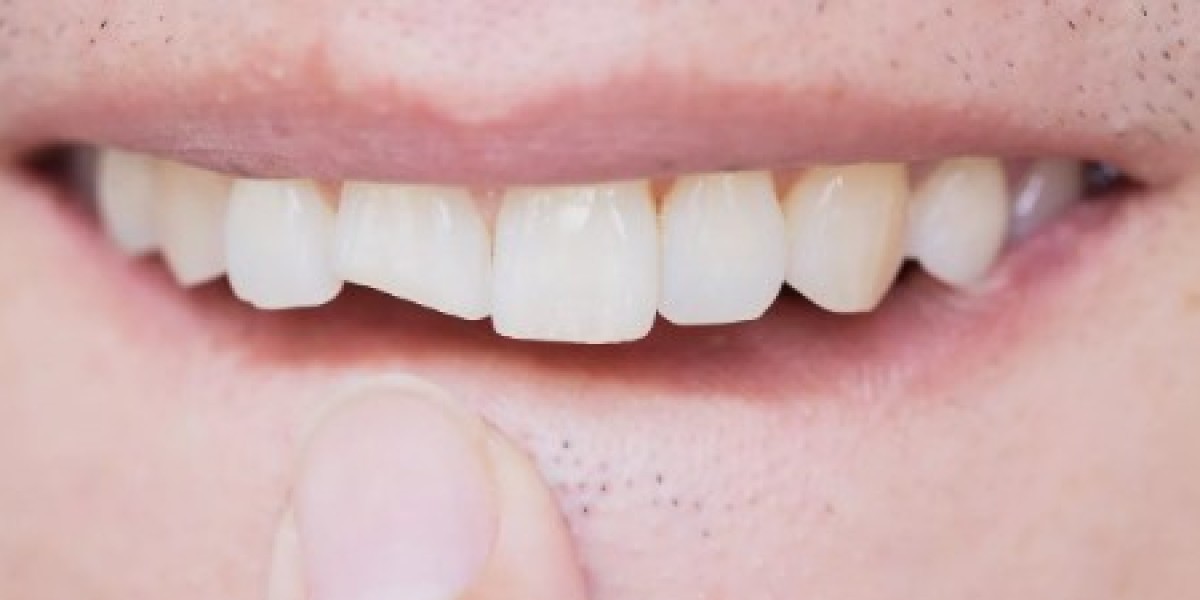Dental pain can be surprising and extreme, leading many to search for domestic treatments for remedies. However, it's critical to recognize their protection and boundaries. This article examines the effectiveness and risks of these treatments, highlighting whether they'll be helpful and while professional dental care is important.
Understanding Emergency Dental Pain
Dental aches can stand up from numerous conditions, such as cavities, gum infections, abscesses, cracked teeth, or maybe sinus infections. The ache generally signals an underlying issue that calls for attention. While home remedies might offer transient comfort, they often do not cope with the foundation reason. It is important to differentiate between ache control and treatment, as relying entirely on domestic remedies may worsen the trouble in the long run.
Common Home Remedies for Dental Pain
Saltwater Rinse
A saltwater rinse is a commonplace and effective approach for assuaging dental aches. It entails dissolving a teaspoon of salt in heated water and lightly swishing it inside the mouth for 30 seconds. Salt's herbal antibacterial homes lessen inflammation, cleanse the affected location, and do away with harmful microorganisms. The warm temperature of the water soothes indignant tissues, presenting moderate alleviation. This remedy is particularly beneficial for minor gum irritations, after dental tactics, or when food particles are lodged among the tooth. However, it would not deal with the underlying reasons for excessive pain or infection; travelling to the dentist is essential for chronic issues.
Garlic
Garlic is a natural treatment recognized for its antibacterial and anti-inflammatory homes, making it a famous choice for alleviating dental aches. When beaten or chewed, garlic releases allicin, a compound that combats bacteria contributing to enamel infections or decay. Applying overwhelmed garlic or chewing a clove can provide a transient remedy. However, its sturdy scent and capability to annoy sensitive oral tissues might also cause discomfort.
Over-the-Counter Pain Relievers
Medications like ibuprofen and acetaminophen lessen pain and irritation because of toothaches, gum inflammation, or dental trauma. Ibuprofen, a nonsteroidal anti-inflammatory drug, addresses swelling and is ideal for conditions like abscesses or discomfort caused by the publish-dental method. Acetaminophen is a secure opportunity for those not able to take NSAIDs. These medicines paintings systemically, imparting brief alleviation by using blockading pain indicators to the mind. However, they do not deal with the root purpose of dental pain. Persistent soreness or severe signs should prompt a visit to a dentist for appropriate evaluation and treatment.
Safety Concerns Regarding Home Remedies
Comparing Short-Term Relief with Long-Term Remedies
Home treatments for dental aches frequently offer temporary relief; however, they no longer deal with the basic motive of the problem. These remedies, including saltwater rinses, clove oil, or garlic, might not solve underlying issues like enamel decay, infections, or structural damage. This can postpone searching for professional dental care, causing the condition to worsen over the years. Untreated dental issues can result in excessive infections or everlasting tooth loss. It is critical to comprehend that home treatments should complement dental remedies as a thorough prognosis and intervention from a dentist are critical for lengthy-term oral fitness and resolving the underlying problem.
Risk of Misuse
Misuse of domestic treatments for dental aches is an enormous protection subject, as the flawed utility can lead to headaches. Common misconceptions consist of making use of aspirin without delay to painful teeth or gum, overusing concentrated clove oil without proper diluting, and using hydrogen peroxide as a rinse without proper dilution. Excessive reliance on home treatments without expert guidance can mask signs of intense situations, which include abscesses or gum sickness, delaying vital remedies. Misuse often stems from a lack of awareness or desperation to alleviate pain quickly. Consultation with a dentist is essential for secure and powerful care.
When to Seek Professional Help
Home remedies can provide brief remedies, but it's vital to understand that expert dental care is wanted. Symptoms like continual enamel pain, swelling, fever, issues chewing, or symptoms of infection indicate serious conditions like abscesses, advanced decay, or gum disorder. Home remedies may also worsen without the right intervention, leading to complications like enamel loss or systemic infections. Delaying treatment can also cause damage over a long period. Dental trauma, like a cracked or knocked-out tooth, requires immediate care to hold the tooth and prevent similar damage. Seeking professional assistance ensures powerful treatment and protects lengthy-term oral health.
Advantages and Limitations of Home Remedies
Home remedies are affordable and effective for temporary dental pain relief, but they cannot repair damage, eliminate deep infections, or replace professional treatment. They should not replace a dentist's visit. The safety and efficacy of home remedies depend on proper use and the underlying cause of the pain. Some remedies, like saltwater rinses and cold compresses, are safe, while others, like clove oil or garlic, require caution. Home remedies should complement, not replace, professional dental care.
In conclusion, In emergencies, searching for advice from a dentist is crucial to prevent further headaches. Remember, dental ache is mostly a symptom of a deeper difficulty, and addressing the foundation cause is the key to lengthy-time period oral fitness.









